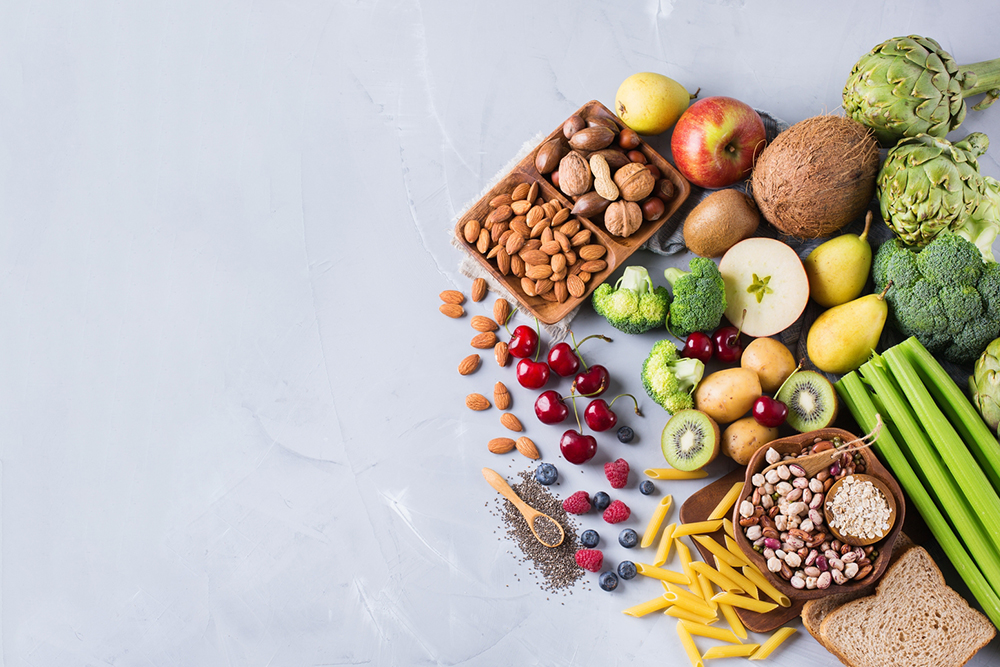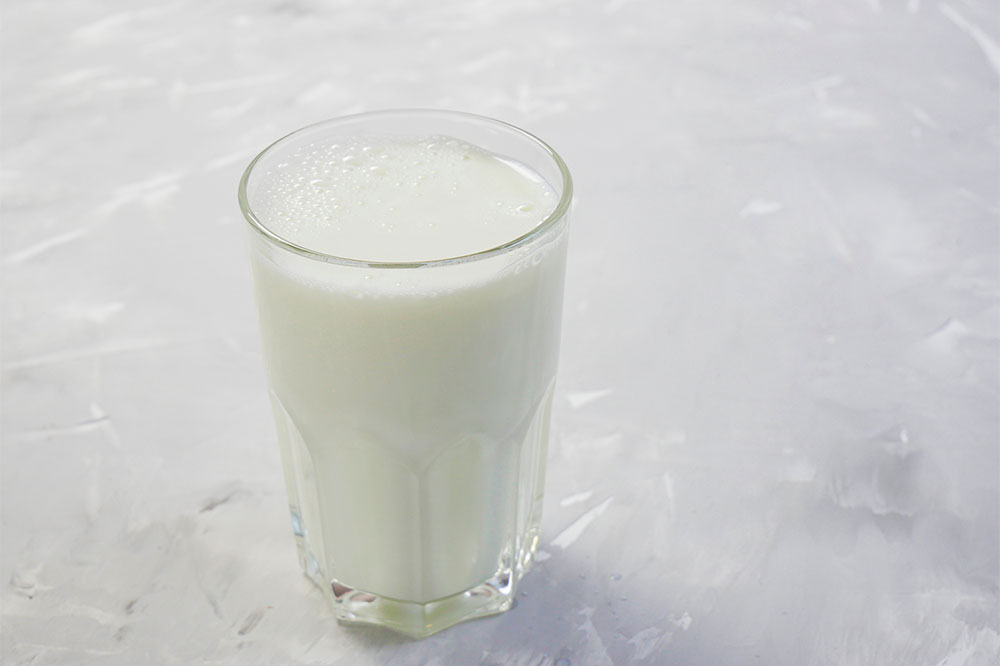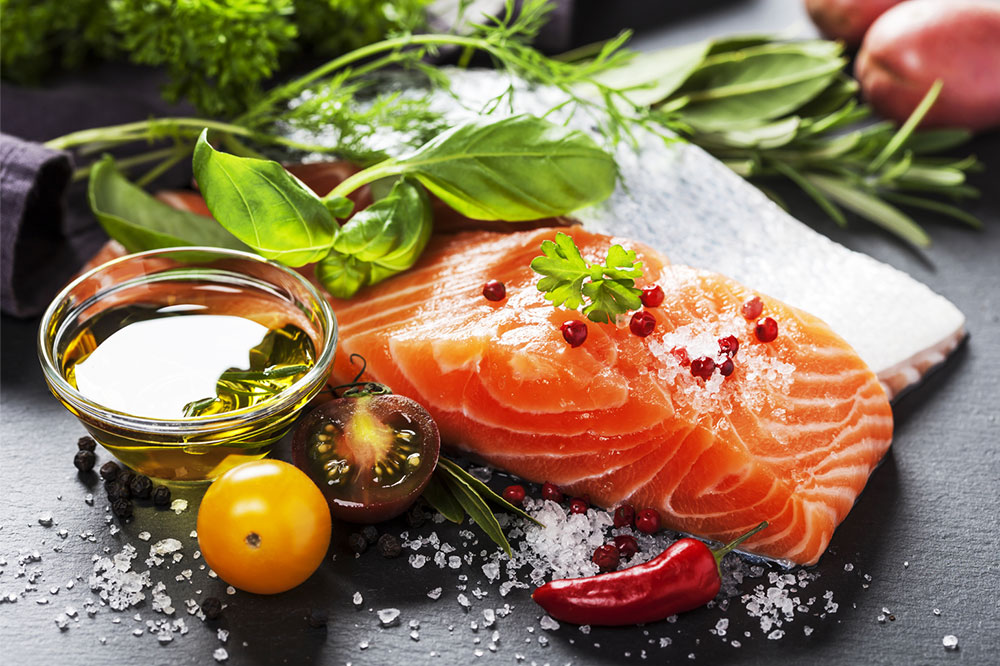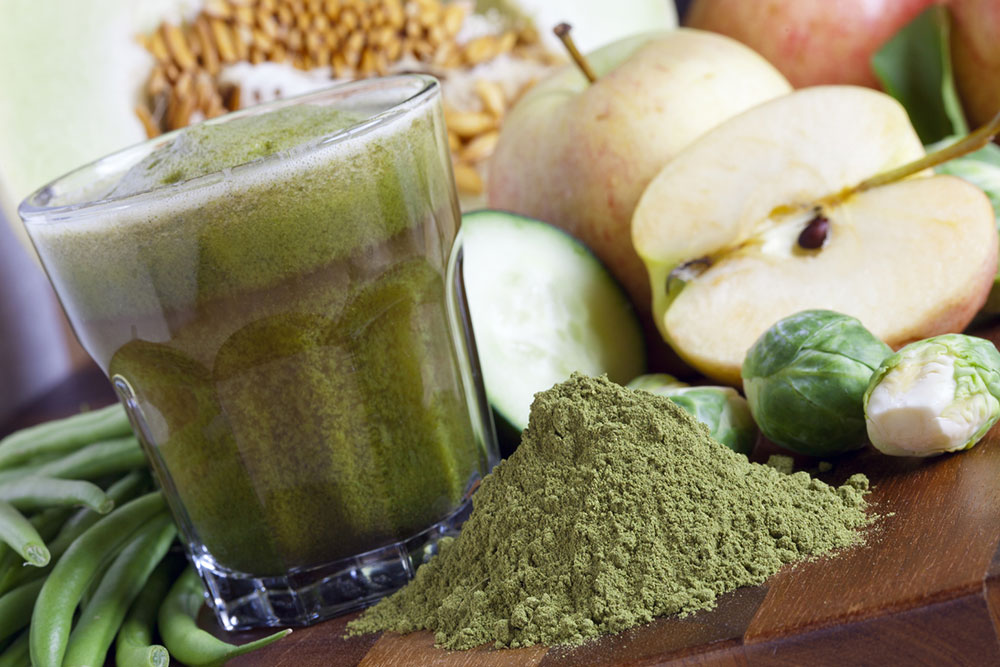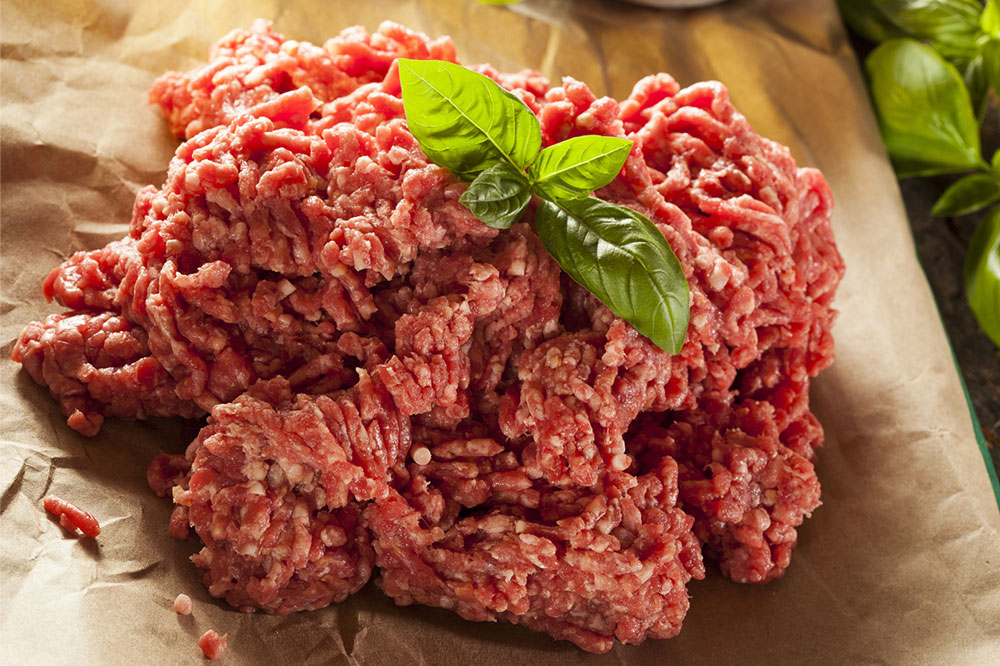Nutritional Strategies for Managing ADHD: Key Dietary Elements
Explore how dietary choices influence ADHD management. This article highlights key nutrients including proteins, complex carbs, Omega-3s, vitamins, and minerals essential for improving focus and reducing symptoms. Incorporating fresh, additive-free foods can promote mental clarity and overall health for both children and adults with ADHD.
Understanding the Role of Diet in ADHD Management
ADHD is a developmental condition characterized by distractibility and impulsiveness, believed to be present from early childhood. Experts emphasize that ADHD is not caused by behavioral choices or parenting styles but is influenced by early developmental factors. Recent studies indicate that both children and adults with ADHD can experience symptoms affected by their dietary habits.

What we eat significantly influences mental clarity and overall well-being. This article highlights essential foods that individuals with ADHD should include in their daily diet, emphasizing the importance of consuming fresh, additive-free foods.
Protein-Rich Foods
Proteins are vital for maintaining optimal brain health. They facilitate neurotransmitter production by increasing tyrosine levels, leading to the generation of norepinephrine and dopamine—key chemical messengers involved in focus and alertness. Ensuring sufficient protein intake supports a balanced mind.
Sources include avocados, corn, oats, spinach, lentils, pumpkin and chia seeds, nuts like cashews and almonds, peanuts, black beans, chickpeas, cottage cheese, Greek yogurt, broccoli, eggs, poultry, milk, and lean meats. Fruits such as jackfruit, prunes, guava, apricots, cherries, dates, berries, peaches, grapefruit, figs, blackberries, cantaloupe, and bananas are also rich in protein.
Complex Carbohydrates
Individuals with ADHD often engage in irregular snacking or binge eating, which can pose health risks over time. Consuming complex carbohydrates provides sustained satiety, reducing the urge to overeat or snack on high-sugar foods and beverages. These foods can help regulate mood and prevent impulsive eating habits.
Include in your diet: wild or brown rice, quinoa, barley, legumes such as chickpeas, lentils, black beans, whole grain breads and pastas, fruits like apples, bananas, berries, and fiber-rich vegetables including leafy greens, carrots, beans, broccoli, and potatoes.
Omega-3 Fatty Acids
Omega-3 fatty acids are crucial natural oils found abundantly in fatty fish and seafood. Many with ADHD have lower levels of Omega-3s, which are linked to improved memory, focus, and motivation. Incorporating Omega-3-rich foods supports cognitive functions.
Sources include walnuts, chia seeds, flax seeds, salmon, and tuna. Caution is advised with certain fish like shark and king mackerel due to high mercury levels, which can adversely affect brain health over time.
Vitamins and Minerals
Comprehensive nutrition is vital for brain function. Micronutrients such as iron, zinc, magnesium, B vitamins, and vitamin D play significant roles. Notably, vitamin B6 has been shown to enhance attention and alertness, contributing to improved symptoms.

